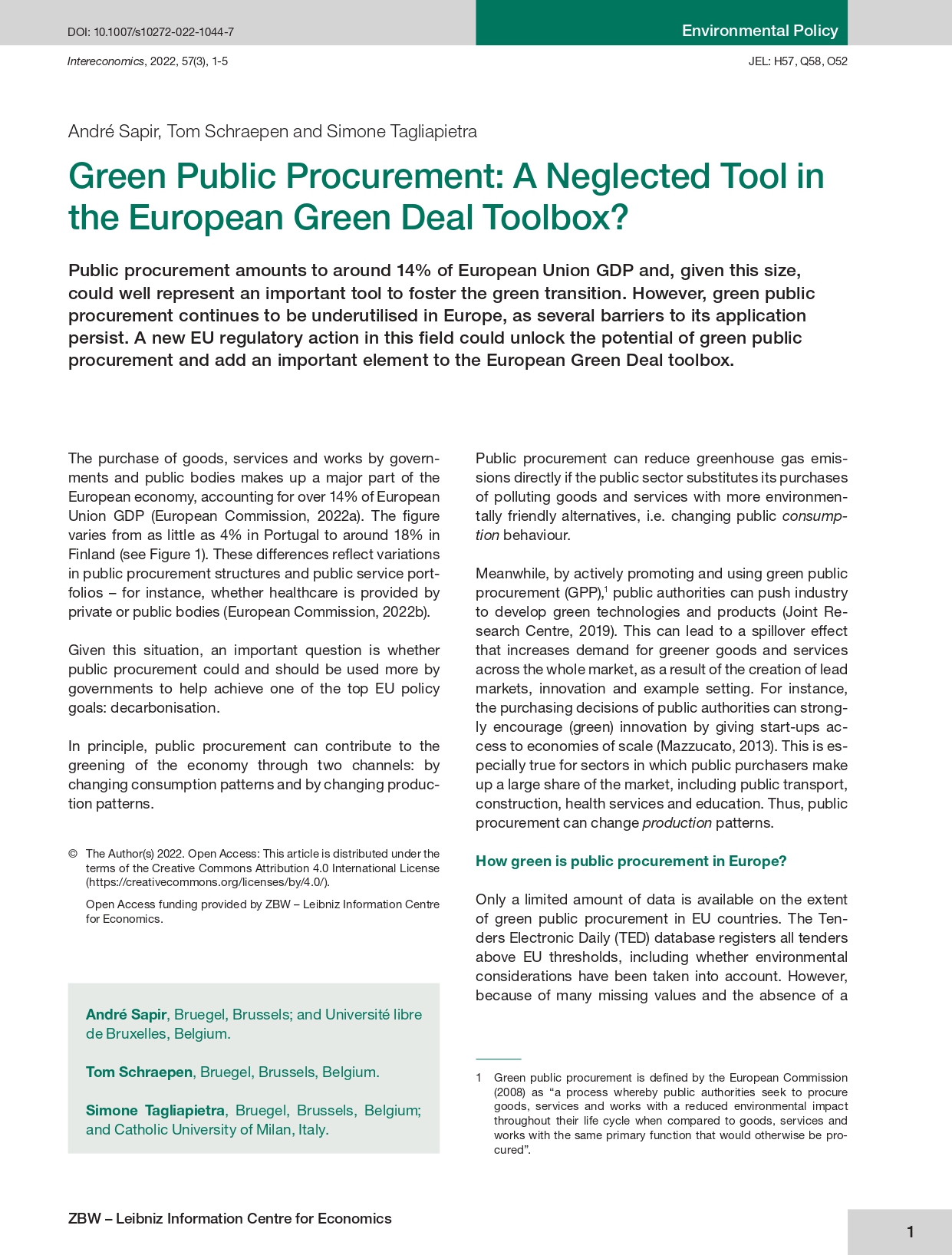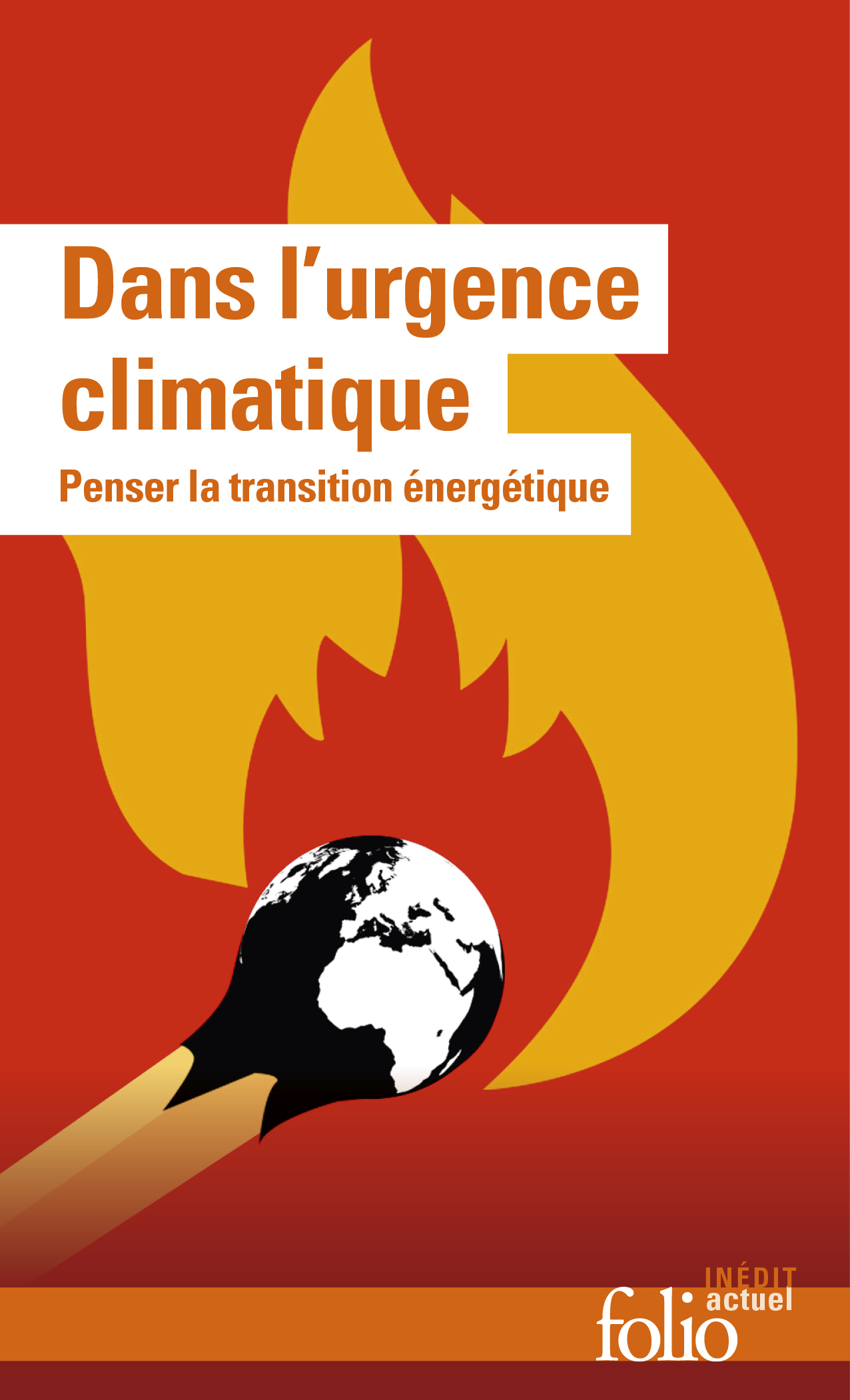Opinion
The Coming Clash Between Climate and Trade
The new leaders of the European Union, who have relentlessly championed open markets, will, ironically, likely trigger a conflict between climate preservation and free trade. But this clash is unavoidable, and how Europe and the world manage it will help to determine the fate of globalisation, if not that of the climate.
The incoming president of the European Commission, Ursula von der Leyen, has laid out a highly ambitious climate agenda. In her first 100 days in office, she intends to propose a European Green Deal, as well as legislation that would commit the European Union to becoming carbon neutral by 2050. Her immediate priority will be to step up efforts to reduce the EU’s greenhouse-gas emissions, with the aggressive new goal of halving them (relative to 1990 levels) by 2030. The issue now is how to make this huge transition politically and economically sustainable.
Von der Leyen’s program reflects growing concern over climate change among European citizens. Even before the continent’s recent heat wave, protests by high-school students and the surge in support for Green parties in the European Parliament election had been a wake-up call for politicians. Many now regard climate action not only as a responsibility to future generations, but also as a duty to today’s youth. And political parties fear that dithering could lose them support among huge numbers of voters under 40.
In truth, however, the EU (including the United Kingdom) is a minor contributor to climate change these days. Member states’ combined share of global CO2 emissions has declined from 99% two centuries ago to less than 10% today (in annual, not cumulative terms). And this figure could fall to 5% by 2030 if the EU meets von der Leyen’s emissions target by that date.
While the EU will undertake the painful task of cutting its annual emissions by 1.5 billion tons, in 2030 the rest of the world will likely have increased them by 8.5 billion tons. Average global temperatures will therefore continue to rise, possibly by 3°C or more by 2100. Whatever Europe does will not save the planet.
How Europe deals with this frontrunner’s curse will be critical. The von der Leyen plan will inevitably cost jobs, curtail wealth, reduce incomes, and restrict economic opportunities, at least initially. Without an EU strategy for turning the moral imperative of climate action into a trump card, it won’t be tenable. A backlash will come, with ugly political consequences.
So what strategy might Europe adopt? One option is to bet on leading by example. By building an environmentally friendly development model, Europe and other climate pioneers would establish a path for others to take. And non-binding international agreements such as the 2015 Paris climate agreement would help to monitor progress, thereby pushing laggard governments to act.
But because climate preservation is a classic public good, climate coalitions are inherently unstable – and larger ones create even more incentive for members to defect and free-ride on others’ efforts. Leadership by example is thus unlikely to suffice.
Alternatively, Europe could build on its first-mover advantage to develop a competitive edge in new green technologies, products, and services. As Philippe Aghion and colleagues have argued, innovation can help tap the potential of such technologies and start changing the direction of economic development.
There are encouraging signs: the cost of solar panels has fallen faster than anticipated, and renewables are now more competitive than had been expected even ten years ago. Unfortunately, however, Europe has failed to convert climate action into industrial leadership. Most solar panels and electric batteries are produced in China, and the United States is its only serious competitor.
Europe’s remaining card is the size of its market, which still accounts for some 25% of world consumption. Because no global firm can afford to ignore it, the EU is a major regulatory power in areas such as consumer safety and privacy. Moreover, European standards often gain wider currency, because manufacturers and service providers that have adapted to demanding EU requirements tend to adhere to them in other markets, too.
The EU’s bet is that the combination of its own strong commitment to decarbonisation and the much softer, but global, Paris climate agreement will lead firms to redirect research and investment toward green technologies. Even if other countries do not set ambitious targets, the argument goes, enough investment may be redirected to make green development more affordable for all countries.
Yet current progress in this regard is clearly insufficient to curb global emissions and keep the global increase in temperature this century well below 2°C above pre-industrial levels, as the Paris agreement stipulates. For example, global coal-powered capacity is still growing,because China and India are building plants faster than the US and Europe are dismantling them.
Europe is therefore short of tools that could make its transition to carbon neutrality economically and politically sustainable. In her address to the European Parliament, von der Leyen dropped a bomb: she promised to introduce a border tax aimed at preventing “carbon leakage,” or the relocation of carbon-intensive production to countries outside the EU.
Such a tax will win applause from environmentalists, who (often wrongly) believe that trade is bad for the world’s climate. More important, the measure would both correct competitive distortions and deter those tempted to abstain from taking part in the global climate coalition. As long as there is no binding climate agreement, a carbon border tax makes economic sense.
Yet such a tax won’t fly easily. Committed free traders (or what remains of them) will cry foul. Importers will protest. Developing countries and the US (unless it changes course) will portray the measure as protectionist aggression. And an already crumbling global trade system will suffer a new shock.
It is ironic that the new leaders of the EU, which has relentlessly championed open markets, will likely trigger a conflict between climate preservation and free trade. But this clash is unavoidable. How it is managed will determine both the fate of globalisation and that of the climate.
Republishing and referencing
Bruegel considers itself a public good and takes no institutional standpoint.
Due to copyright agreements we ask that you kindly email request to republish opinions that have appeared in print to [email protected].














